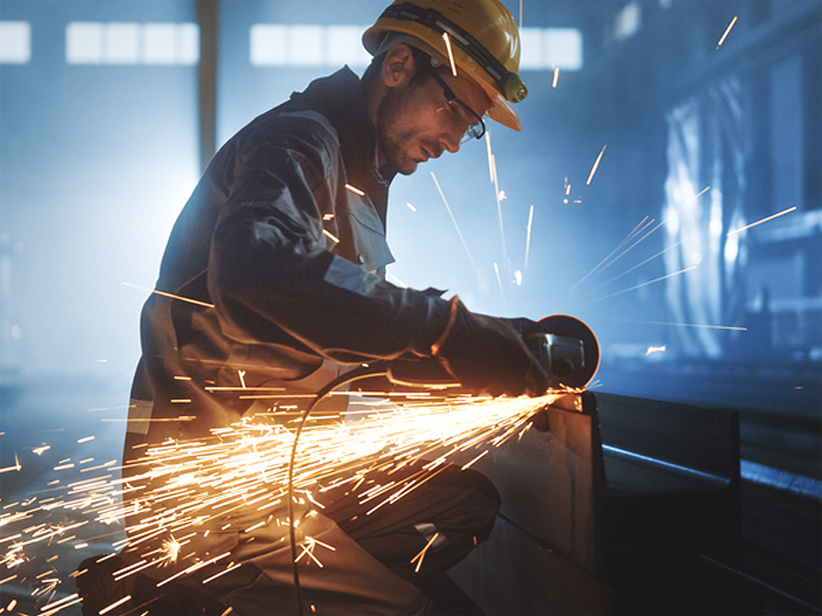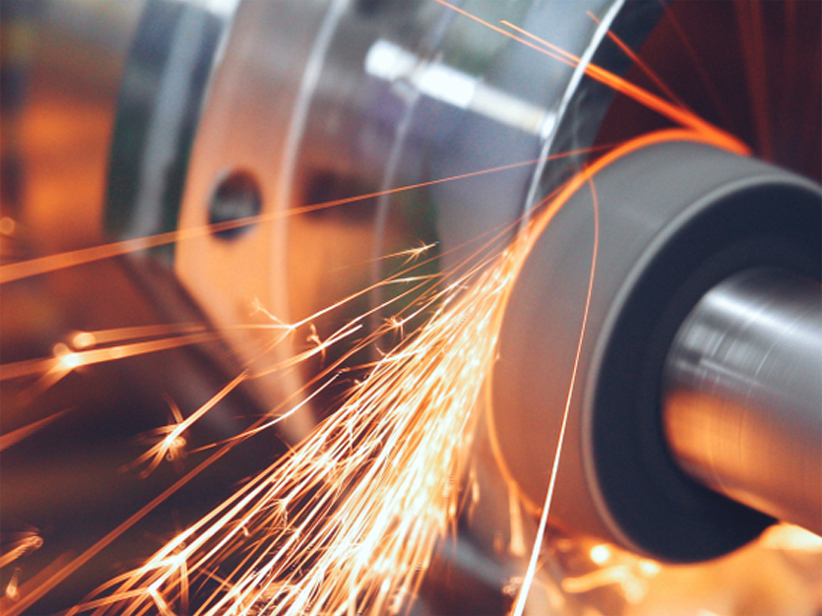The Importance of High-Quality Stainless Steel Wires in the Oil and Gas Industry
The materials used in infrastructure and equipment must adhere to strict performance, durability, and safety criteria in the demanding oil and gas sector. At Venus Wires, we are aware that premium stainless steel wires are essential components that guarantee the dependability and effectiveness of operations. The importance of stainless steel wires in the oil and gas industry is examined in this blog, with particular attention paid to their grades, requirements, mechanical and chemical compositions, high nickel grades, and diverse uses.
Why Stainless Steel Wires?
The oil and gas sector prefers stainless steel wires because of their remarkable qualities, which include:
- Corrosion Resistance: When equipment is exposed to hostile chemicals and conditions, stainless steel creates a protective coating that wards off rust and corrosion.
- High Strength: The tensile strength of these wires is sufficient to endure the high pressures and mechanical stress that are present throughout the drilling and extraction procedures.
- Temperature Resistance: Stainless steel is appropriate for use in high-heat conditions because it can withstand high temperatures without losing its integrity.
Key Applications of Stainless Steel Wires in Oil & Gas
1. Subsea Cables and Umbilicals
Subsea cables employ stainless steel wires to manage high-stress loads, ensure structural integrity, and withstand corrosion. These cables provide offshore platforms and undersea facilities with power and essential communications.
2. Wireline Operations
In wireline operations, where instruments are lowered into oil wells to collect data or recover equipment, stainless steel wires are vital. The cables need to be strong and flexible enough to withstand high temperatures and pressures.
3. Drilling Rigs
Stainless steel cables are used in load-bearing applications on drilling rigs. Wires support high weights in winches, hoists, and slings while maintaining operational safety and effectiveness.
4. Wellhead and Downhole Equipment
Excellent stainless steel wires are utilised in downhole instruments and wellhead parts, which are subjected to extremely corrosive conditions. Their ability to withstand corrosion increases the equipment's lifespan and lowers maintenance expenses.
Important Stainless Steel Grades for Oil & Gas
1) 316 / 1.4401 Stainless Steel
- Applications: Used in subsea environments and corrosive processing conditions due to its excellent resistance to chloride corrosion.
-
Chemical Composition:
- Chromium: 16-18%
- Nickel: 10-14%
- Molybdenum: 2-3%
-
Mechanical Properties:
- Tensile Strength: 515 MPa
- Yield Strength: 205 MPa
- Elongation: 40%
2) Duplex 2205 / 1.4462 (S31803/S32205)
- Applications: Used for high-stress, high-corrosion environments such as offshore rigs and pipelines.
-
Chemical Composition:
- Chromium: 22-23%
- Nickel: 4.5-6.5%
- Molybdenum: 2.5-3.5%
-
Mechanical Properties:
- Tensile Strength: 620 MPa
- Yield Strength: 450 MPa
- Elongation: 25%
3) Super Duplex 2507 / 1.4410 (S32750)
- Applications: Ideal for critical offshore and subsea applications where high strength and resistance to chlorides and stress corrosion are required.
-
Chemical Composition:
- Chromium: 24-26%
- Nickel: 6-8%
- Molybdenum: 3-5%
-
Mechanical Properties:
- Tensile Strength: 800 MPa
- Yield Strength: 550 MPa
- Elongation: 15%
4) Nickel Alloy 625 / 2.4856
- Applications: Used in extreme conditions such as deep-sea drilling and oil processing, where high strength and resistance to heat and corrosion are critical.
-
Chemical Composition:
- Nickel: 58%
- Chromium: 20-23%
- Molybdenum: 8-10%
-
Mechanical Properties:
- Tensile Strength: 830 MPa
- Yield Strength: 414 MPa
- Elongation: 30%
5) Nickel Alloy 718 / 2.4668
- Applications: Perfect for downhole applications and equipment that experiences high pressure and temperature, including valves, fasteners, and tubing hangers.
-
Chemical Composition:
- Nickel: 50-55%
- Chromium: 17-21%
- Molybdenum: 2.8-3.3%
- Niobium: 4.75-5.5%
-
Mechanical Properties:
- Tensile Strength: 1241 MPa
- Yield Strength: 1034 MPa
- Elongation: 12%
Specifications for Stainless Steel Wires
All of Venus Wires' stainless steel wires for the oil and gas sector are produced in accordance with international standards, guaranteeing excellent performance, dependability, and durability. Our cables meet ASTM, NACE, and API criteria, ensuring excellent quality in challenging settings.
High Nickel Grades: Superior Performance in Extreme Conditions
The excellent resilience of high-nickel stainless steel alloys, including Alloy 625 and Alloy 718, against corrosion, oxidation, and cracking under harsh pressure and temperature conditions has made them more desirable in oil and gas applications. These alloys are perfect for high-temperature and deep-sea applications, when other materials would not hold up.
Benefits of High-Nickel Stainless Steel Wires:
- Superior corrosion resistance in chloride-rich environments
- High-temperature stability, ensuring performance in deep wells and processing plants
- Exceptional strength, reducing wear and tear in demanding conditions
Conclusion
The selection of materials is crucial for both operational safety and efficiency in the oil and gas sector. Venus Wires guarantees that consumers obtain goods that can survive the most demanding circumstances with its selection of premium stainless steel wires. Our stainless steel wires provide the strength, corrosion resistance, and dependability required to maintain operations in deep-sea drilling, refinery operations, and offshore rigs. With grades including 316, 2205, 2507, Nickel 625, and Nickel 718 tailored to the oil and gas industry, Venus Wires is dedicated to meeting the changing demands of this market.







